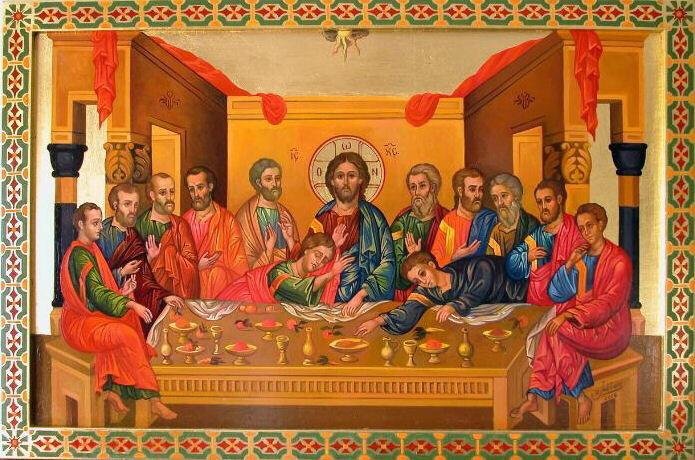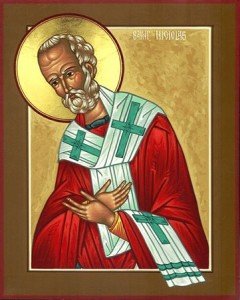 To become a Vibrant Christians, that is persons who realize that we are called to holiness through the particular journey of life given to us, we must become aware of the obstacles that can impede our journey. One of the first obstacles is anxiety about the future! Anxiety about the future can prevent us from being open and taking necessary risks in the present. All progress in life requires that we take risks. Excessive anxiety about the future can produce fear, despair and pessimism and create massive roadblock on the spiritual journey. The struggle and the strategy is to face these anxieties about the future and, by truly recognizing their presence and power in our lives, work to remove them one by one. If we see that we are actually powerless over some of them, we may hear the invitation to turn our lives completely over to God. In fact the best strategy is to do that right from the very beginning and then build your trust that our loving God will be with you through the struggle.
To become a Vibrant Christians, that is persons who realize that we are called to holiness through the particular journey of life given to us, we must become aware of the obstacles that can impede our journey. One of the first obstacles is anxiety about the future! Anxiety about the future can prevent us from being open and taking necessary risks in the present. All progress in life requires that we take risks. Excessive anxiety about the future can produce fear, despair and pessimism and create massive roadblock on the spiritual journey. The struggle and the strategy is to face these anxieties about the future and, by truly recognizing their presence and power in our lives, work to remove them one by one. If we see that we are actually powerless over some of them, we may hear the invitation to turn our lives completely over to God. In fact the best strategy is to do that right from the very beginning and then build your trust that our loving God will be with you through the struggle.
One way to get started on this is to actually sit down and list the biggest fears, worries and anxieties you have about the future. Quite often when we see them written out we realize they are not so formidable.
List all of the worries, fears and anxieties in two columns under the headings:
Things I Can Do Something About, and
Things I Can Do Nothing About
For each item listed under the first column, write the specific thing you can do to change it. For those you can’t do anything about, consciously turn them over to God. These intentional acts can help you to meet the obstacles you face on your journey. Another common obstacle on the journey is negative, irrational ideas. At the heart of many of these negative ideas is a feeling that people have little control over their own lives and the world they live in. Also, it seems that many of these ideas come from our childhood. These may be the more difficult ones to extricate from our lives. If we don’t make every effort to root them out, they unconsciously dictate how we react to the things of life. A true assessment and survey of our negative, irrational ideas is essential if we wish to make any program in our spiritual lives. Socrates said: “An unexamined life is not worth living.” In so very many ways I have found, as I have studied the teachings of Jesus, that He was constantly exhorted people to examine their lives and replace negative thought and ideas with positive ones. Perhaps the most important ones that Jesus revealed is that we human beings are truly children of God, made in His image and likeness!


